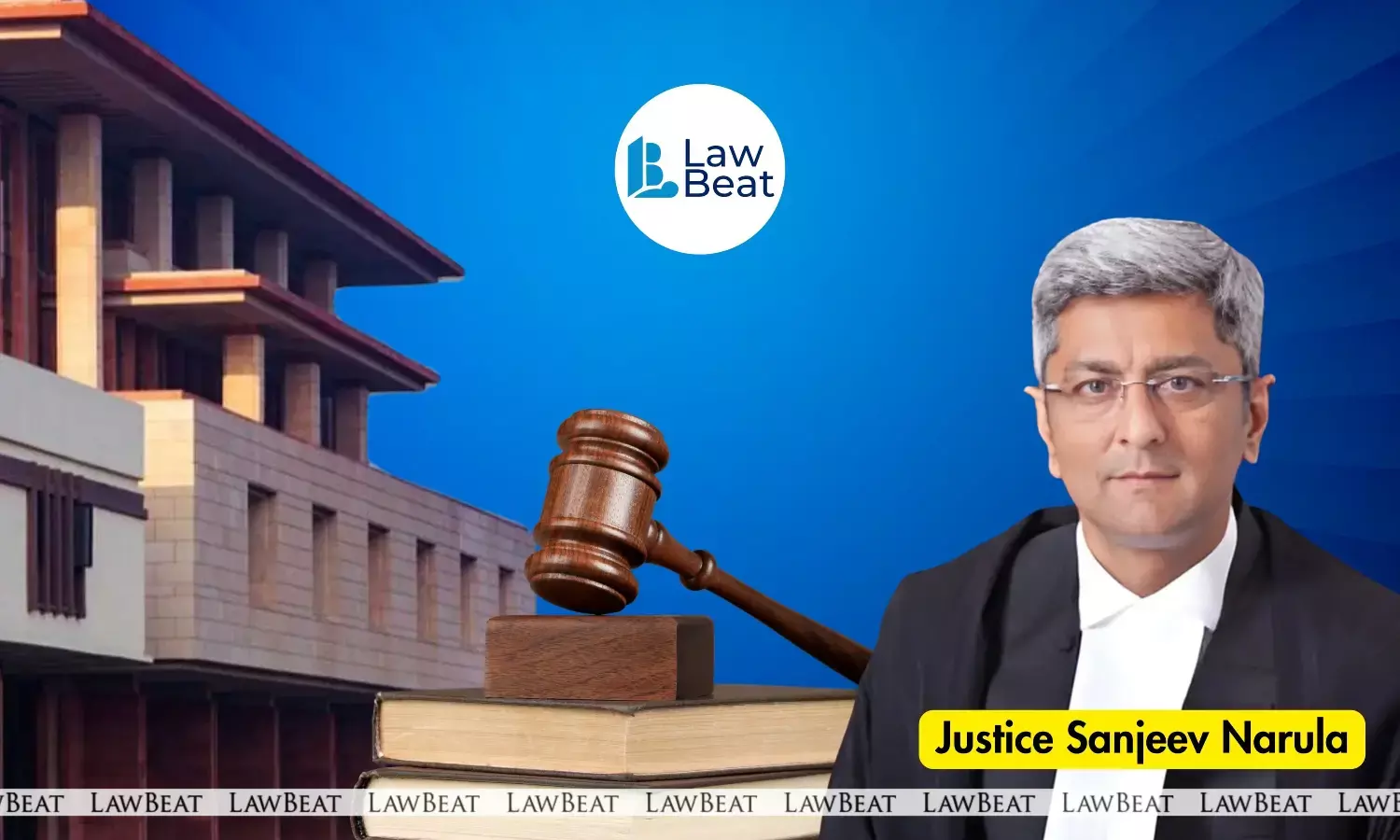Delhi HC Permits CBI to Record Testimony of US Based Witness via Video Conferencing in Official Secrets Act Case

Delhi High Court Allows CBI to Record Testimony of U.S.-Based Witness via Video Conferencing
The Delhi High Court on Wednesday allowed the Central Bureau of Investigation (CBI) to record the testimony of a U.S.-based prosecution witness and businessman C. Edmonds Allen through video conferencing in a case filed under the Official Secrets Act (OSA), 1923, involving arms dealer Abhishek Verma.
The order was passed by Justice Sanjeev Narula on a plea filed by the CBI challenging a trial court order that had rejected its request to examine Allen via video conferencing.
The CBI had registered a case on August 28, 2012, under Section 3 of the Official Secrets Act, 1923, read with Section 120-B of the Indian Penal Code, 1860, following a complaint from the Ministry of Defence.
The complaint stemmed from a letter dated June 6, 2012, written by Allen to the then Defence Minister, enclosing documents related to Indian defence matters. Several of these documents were found to be classified and allegedly communicated without authorisation.
Subsequently, the FIR alleged that Abhishek Verma and his associate Anca Maria Neacsu, in conspiracy with others, had obtained and transmitted classified information to unauthorised persons, including Allen.
A chargesheet was filed on November 30, 2012, followed by supplementary chargesheets in 2015 and 2016. Allen was listed as a key prosecution witness. The CBI had sought permission in December 2019 to record his testimony through video conferencing.
Before the High Court, the CBI argued that there was no statutory prohibition under the Official Secrets Act against recording evidence via video conferencing, particularly when secrecy could be maintained through in-camera proceedings and controlled handling of documents.
The agency also submitted that Allen, 79 years old, suffers from serious cardiac and orthopaedic conditions and has been advised against long-haul travel. He had also reportedly received threats from the accused. Given these circumstances, video conferencing was presented as the only viable and safe option to secure his testimony.
Justice Narula observed that while the trial court’s concern about possible leakage of classified material “cannot be dismissed as fanciful,” the solution lay not in prohibition but regulation through adequate safeguards.
"That objective of the stringent OSA provisions is achievable through calibrated safeguards, including conducting the examination from a secured State-controlled facility, ensuring an in-camera regime, restricting devices, and controlling the display and movement of documents. The law demands reasonable containment of risk. On that touchstone, a safeguarded video examination is the apposite course," the Court said
Court noted that the respondents had overstated the risks, citing certain Delhi High Court Video Conferencing Rules (Rules 5.8, 8.4–8.5, and 9.1–9.2), which are facilitative rather than restrictive, meant to ensure proper handling of records and exhibits.
"These provisions are facilitative and designed to ensure that a witness is sufficiently familiar with the record and that exhibits are properly proved. They do not mandate uncontrolled dissemination of sensitive material," it added.
Invoking Rule 18 of the Delhi High Court Video Conferencing Rules, 2020, the Court relaxed the requirement of obtaining the respondents’ consent under Rule 5.3.11 for this limited purpose.
The examination will take place on a court-approved, end-to-end encrypted platform, with all recording, download, save, print, copy, or screenshot functions disabled at the remote point.
The trial court has been directed to coordinate with the Indian Consulate in New York to fix suitable dates for the examination, keeping in mind the time difference (IST/EST) and the witness’s medical condition. The court also advised that the examination-in-chief and cross-examination be completed within a consolidated block of hearings.
Accordingly, the High Court set aside the trial court’s order and allowed the CBI’s plea.
Case Title: Central Bureau of Investigation v Sh Abhishek Verma & Ors
Bench: Justice Sanjeev Narula
Order Date: 28 October 2025
